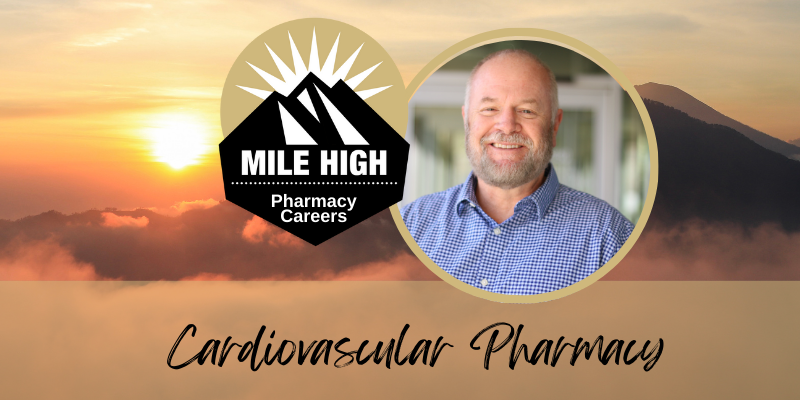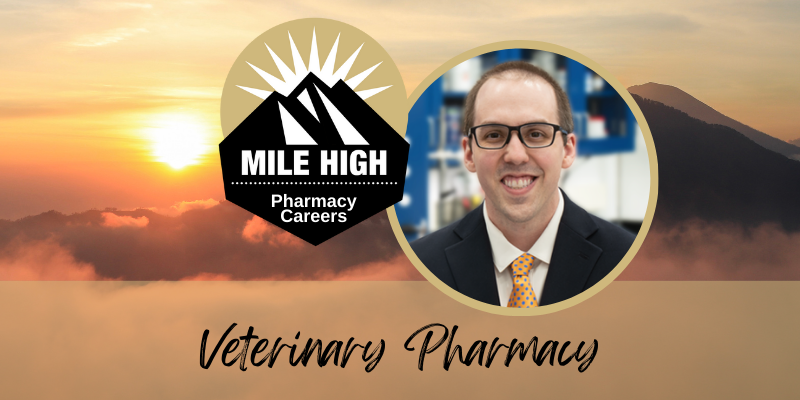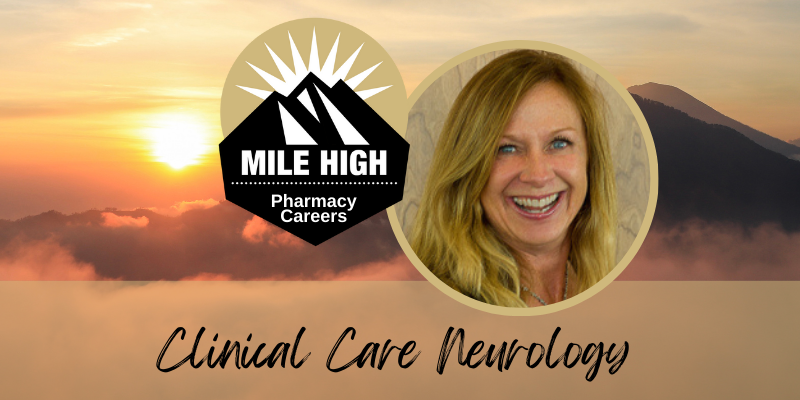Before she left to hike Mount Everest base camp, Chandler Follett, PharmD, Clinical Instructor, said it would be fine.
“Hiking is just walking around with your backpack, right?” she mused.
An experienced hiker, Dr. Follett had already conquered many of Colorado’s 14ers (which are, well, at least 14,000 feet in elevation) and Mount Kilimanjaro (a mere 19,341 feet in elevation) when she decided to try to reach base camp (17,598 feet to the South Base camp in Nepal).
She is always up for reaching new heights. After graduating from CU Pharmacy in 2016, Dr. Follett spent time in rural hospital pharmacy, where often she was the only pharmacist overnight servicing four hospitals in two states. Dr. Follett is the new Pharmacy Outreach Specialist at CU Pharmacy, and her role is to reach prospective students on a new level, to encourage them to love the field, and all its challenges, as much as she does. But first, Everest.




For anyone thinking base camp is the easy way out, think again. Dr. Follett caught a flight in Denver to LA, to Kathmandu, then had to take a helicopter though extreme weather to Tenzing-Hillary Aisrport, more commonly known as Lukla airport, more commonly known as the most dangerous airport in the world. Her hiking party met in Lukla, and despite having food poisoning, Dr. Follett and the group set off to base camp, a seven-day trek through Nepal’s most scenic, but difficult, terrain. On day three, half of the group caught a helicopter out and did not complete the trip.
“It was so cold,” she said. “You could pay locals to pour boiling water into your water bottle, and then I would tuck it into my sleeping bag for the night.”
Rudimentary shelters line the base camp trails for hikers to stop for the night, but the thin wooden shelters offer only wind protection from the cold.
“In the morning, my water would be ice,” Dr. Follett said.
A risk for the flight to the airport. Food poisoning. Freezing cold night after night. Why do this?
“Because in the morning, it is the most magical thing I have ever seen,” she gushed. “It’s just… so beautiful, and the people you meet along the way, the culture that welcomes you in, the mountains, all of it. It is so worth it. And I got to experience that.”
Dr. Follett feels the same way about pharmacy.
“I get to do this career,” she said. “I get to help people, and it allows me to, you know, take time to hike base camp, and to go skiing, and to enjoy my life. For as hard as it is in the moment, and how stressful pharmacy can be, the trade-off is having a life like this.”
Dr. Follett is back, and the trip was not so much like walking around with a backpack. It was better – and gave her perspective on what could be next.
“Once I saw base camp though, I thought, could I do Everest? Can I do the peak?” she said. “Maybe someday. We’ll see.”





